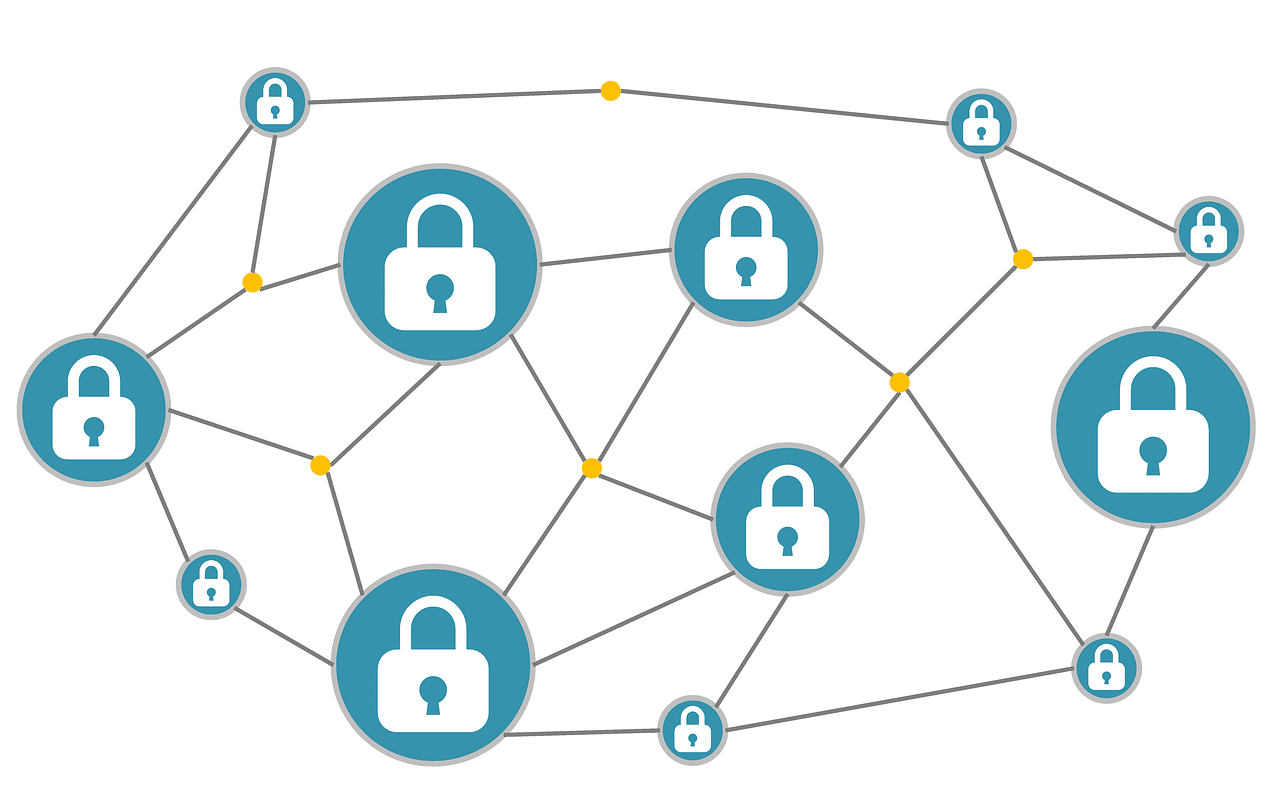New York Attorney General Letitia James has won a ruling against virtual currency trading platform Coinseed, which must permanently halt its operations and appoint a receiver to protect investors’ funds.
Summary
Coinseed’s misconduct and token fraud
James had filed a lawsuit against Coinseed in February for defrauding thousands of investors in the US. Coinseed CEO Delgerdalai Davaasambuu and CFO Sukhbat Lkhagvadorj were also charged with a fine of approximately $3 million.
In the following months, the exchange platform Coinseed initiated further fraudulent conduct by trading investors’ accounts without authorization and preventing them from accessing those accounts.
In documented complaints, users claimed that they were unable to withdraw their funds, even when they held sums well in excess of $100,000.
Several investors claimed to have lost tens of thousands of dollars overnight due to unauthorized transactions.
The fraud took place through the sale of the Coinseed Token (CSD) and once the investors’ funds were collected, the company converted them all into Dogecoin (DOGE), causing losses within hours as it is a very volatile crypto.
The startup had launched an ICO in 2017 that allowed investors to buy the tokens, but New York officials found that Coinseed was improperly acting as a broker-dealer, without proper registration and permission, selling securities.

Davaasambuu defends Coinseed against the charges
In June, the New York State Supreme Court granted James’ request for a preliminary injunction. Nevertheless, Coinseed and its CEO continued to offer and sell a new token called “FLJ”, a derogatory acronym aimed at the attorney general.
Davaasambuu is now cooperating with the court order, although he still insists that Coinseed did not commit any wrongdoing. On this he stated:
“There are still no regulations about how to classify cryptocurrencies and what kind of licenses they should obtain to run a business in the US. We don’t even have a clear guidance on how to pay crypto-related taxes”.
The Attorney General’s office acknowledged the company’s violation of the anti-fraud Martin Act, which grants broad powers to district officials to be able to conduct securities fraud investigations.
The same office has received more than 175 complaints from investors concerned about the protection of their assets due to Coinseed’s fraudulent conduct.
Prosecutor Letizia James commented on the courtroom victory as follows:
“For years, Coinseed and its CEO have engaged in egregious and fraudulent activities that have cheated investors out of millions. In defiance of court orders, this company has continued to operate illegally and unethically, holding investors’ funds hostage and underscoring the dangers of investing in unregistered virtual currencies”.
Crypto platforms acting illegally, without precise permits or with the aim of scamming the investor, are numerous and are not only found in the US.
For example, in late July, the Financial Intelligence Unit of Mexico (FIU) received information on 12 local cryptocurrency exchanges operating without legal permission.
Numerous authorities around the world are grappling with this type of activity, aiming to protect investors’ savings and warn them of the dangers that exist in the digital asset market.




